For Immigrants – And All of Us – A Time to Fight
Bill Moyers and Company
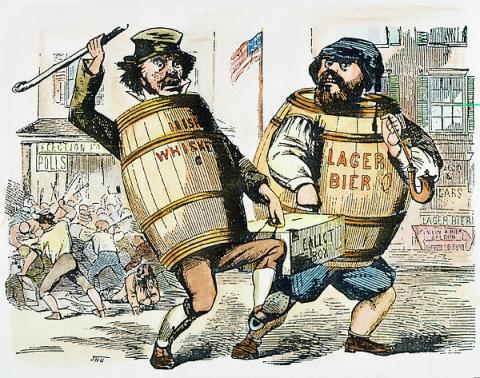
Trump’s announced intention to deport 11 million “illegals” while building a wall from the Pacific to the Gulf of Mexico at no cost — details conveniently not provided — is simultaneously savage and ludicrous. Even more disturbing is the sluggishness of the response from Republican and Democratic opinion makers. Where is the outrage? Why is the counterattack left largely to Hispanic organizations?

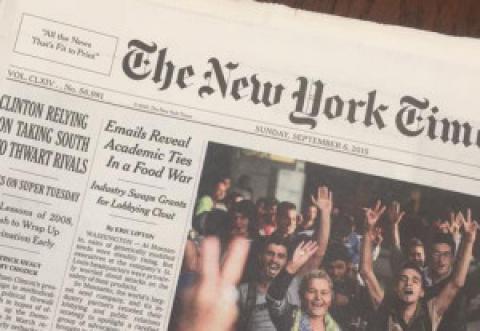

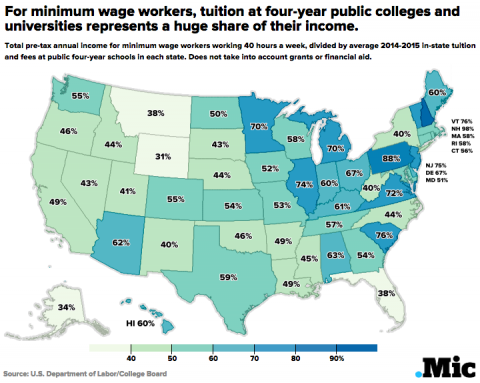
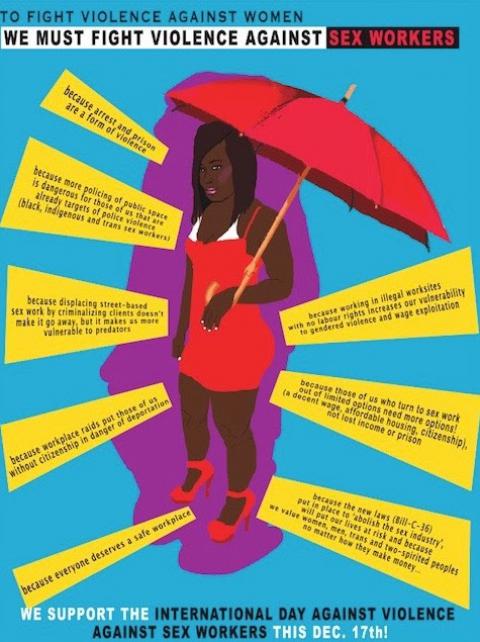
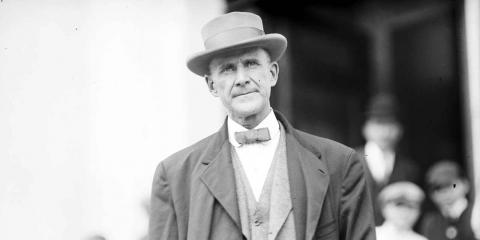
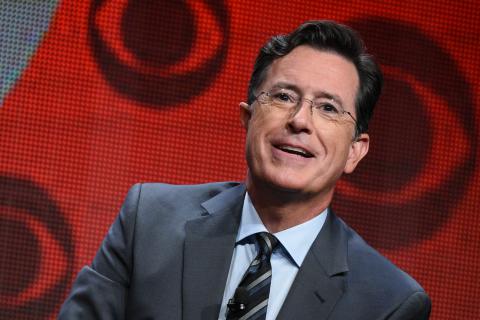
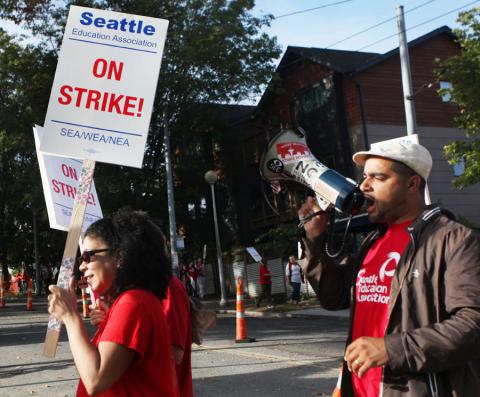
Spread the word